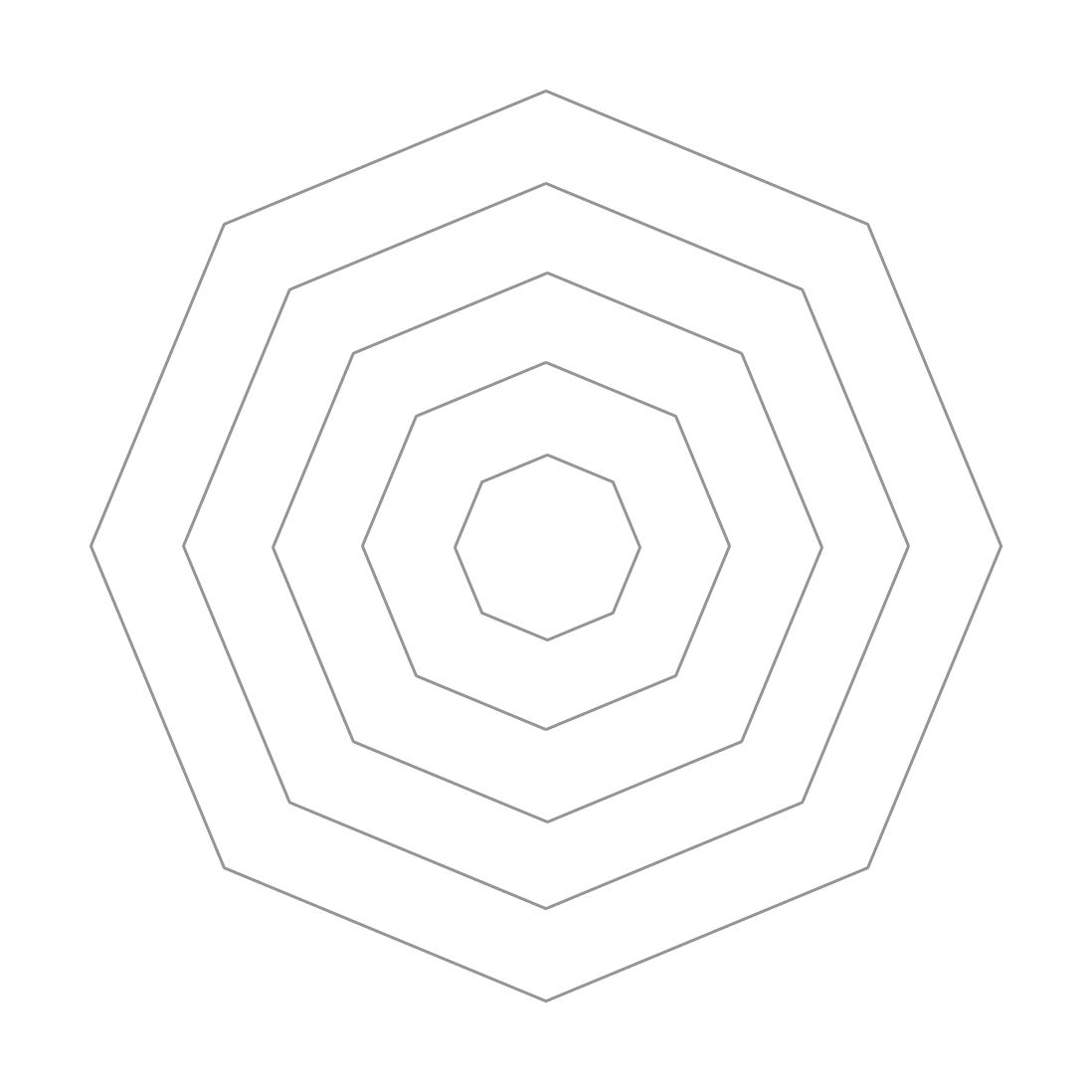Detail oriented in design and materials
Pattern Makers must be able to interpret sewn product designs. They must be able to produce and evaluate prototype patterns for given designs as well as produce final master pattern.


Physical Abilities
Physical abilities
Importance:5 (Max:5)
Skill is required all the time
Technology Skills
Technology skills
Importance:4 (Max:5)
Skill is frequently required
Cognitive Abilities
Cognitive abilities
Importance:4 (Max:5)
Skill is frequently required
Comprehension And Expression
Comprehension and expression skills
Importance:2 (Max:5)
Skill is occasionally required
Social Skills
Social skills
Importance:2 (Max:5)
Skill is occasionally required
Organisation And Execution Skills
Organisation and execution skills
Importance:3 (Max:5)
Skill is basically required
Problem Solving Skills
Problem solving skills
Importance:2 (Max:5)
Skill is occasionally required
Management Skills
Management skills
Importance:1 (Max:5)
Skill is rarely required
Pattern Makers must be able to interpret sewn product designs. They must be able to produce and evaluate prototype patterns for given designs as well as produce final master pattern.
Pattern Makers must be able to use computerised pattern production systems e.g. CAD, graphics software, scanners, virtual modelling.
Academic qualification
Professional qualification
Monthly Salary $10,000-$20,000
Monthly Salary $20,000-$40,000
Monthly Salary $30,000-$70,000
